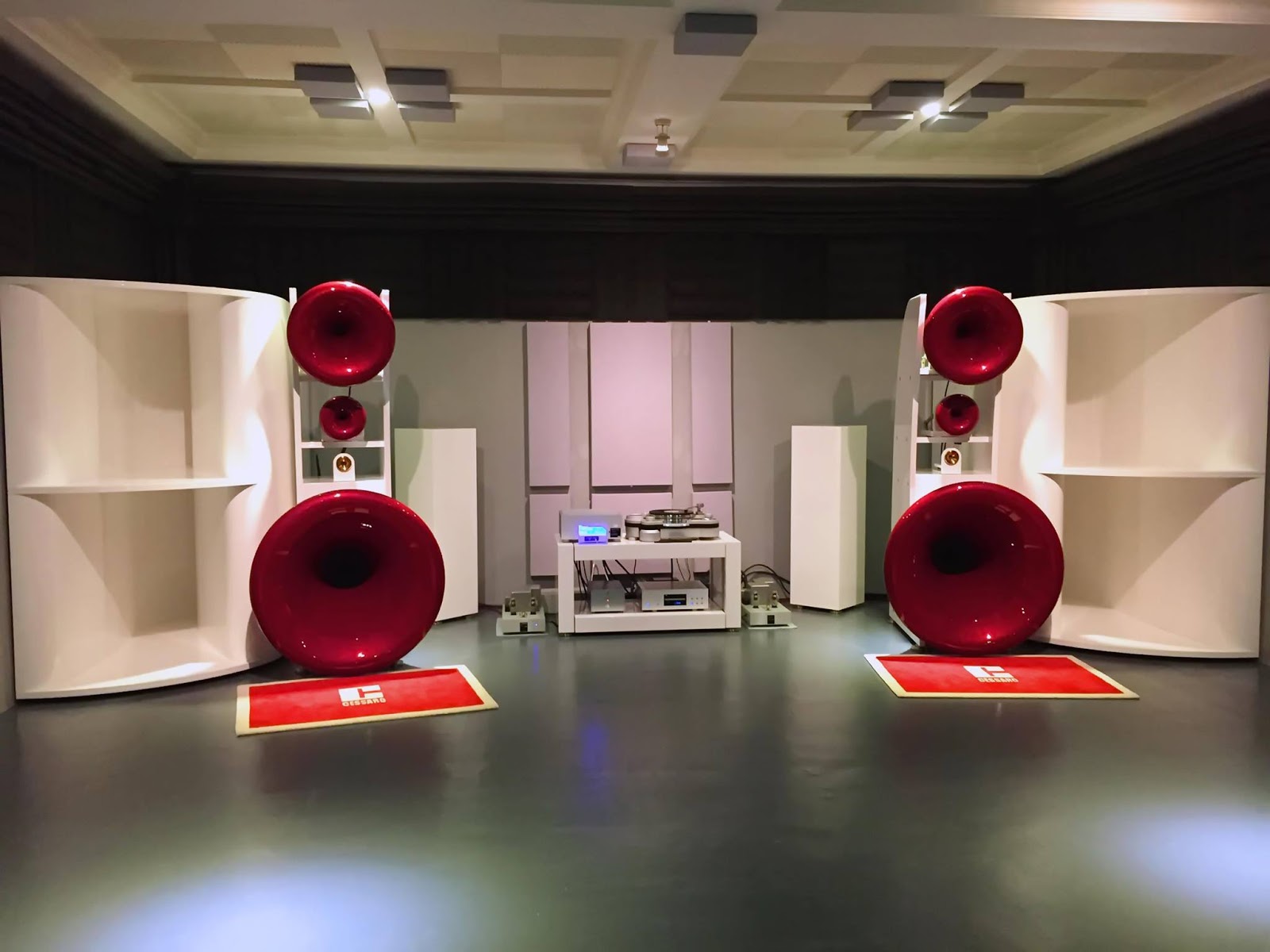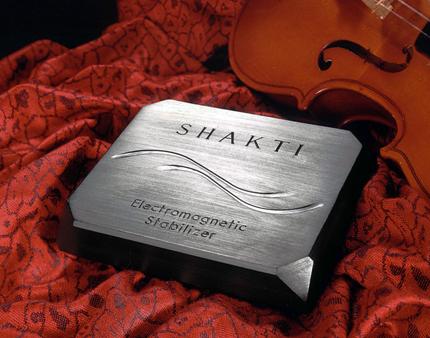BOYZ, AREN'T YOU JUST A TEENSY WEENSY BIT TEMPTED?


MAKE FABULOUS STOCKING STUFFERS
It's a FACT: Your System Sounds Better When It's STONED!
Audio Art!!!!

BOYZ, AREN'T YOU JUST A TEENSY WEENSY BIT TEMPTED?


MAKE FABULOUS STOCKING STUFFERS
It's a FACT: Your System Sounds Better When It's STONED!
Yesterday, I demagnetized my ears and now the music, particularly violins, blooms before me like beautiful flowers in a garden. Of course, now I have to keep watering my speakers.
Doug

Remember the "placebo effect"; if you expect to hear a difference, you will, whether or not it's real. I worked in high-end audio for a few years, and some of the "tweaks" that were being offered bounded on the absurd. They were intended to do no more than to separate a sucker from his money.Life is too short; I just enjoy what I have put together and occasionally improve on.
No. Somewhat intimidated, though.BOYZ, AREN'T YOU JUST A TEENSY WEENSY BIT TEMPTED?


MAKE FABULOUS STOCKING STUFFERS
I have one that was given to me decades ago and I find it useful for one purpose: It is effective as a damper when placed on a component with a loose or unattached top plate. Not that it changes the reproduced sound at all but it does eliminate the tinny noises if I touch or manipulate the device. Handy for that.[/QUOTE]It's a FACT: Your System Sounds Better When It's STONED!
Probably a thicker gage wire; but the high end wire gave you a hair cut instead of a grass cut.I remember years ago reading a "wireless world " test on a bunch of high end speaker cables- some around $1000 per meter. The winner was Woolworths lawn mower cable at around $3 per meter!!
I'm telling you, this is the best deal for speaker cable. Copper is what you want. The price is right because they sell lots of extension cords every day everywhere.I remember years ago reading a "wireless world " test on a bunch of high end speaker cables- some around $1000 per meter. The winner was Woolworths lawn mower cable at around $3 per meter!!
In its defense, it did clean up contact surfaces.They used to sell a connection cleaner called Tweek.
I was told this long ago and I laughed it off as a nice joke. One day I was wiring up a pair of garage speakers and had run out of speaker wire. I didn't want to wait or go out to get some more so I found some old, long extention cords that had been sitting for years. They worked great and are still in use today. `As long as you have the proper shielding, copper is copper.I'm telling you, this is the best deal for speaker cable. Copper is what you want. The price is right because they sell lots of extension cords every day everywhere.
I did as well, for around 30 years I used 13A mains power cable for my speakers, available in whatever length you want, and cheap, but it doesn't come in a sleeve with sprinkling of magic super-sounded pixie dust in it. I now use some off the shelf PA cables with Speakeron connectors as they were cheap, I could make connections easier, and strangely they don't seem to get as grimey on the floor! Oh, and there is no change in sound quality over 13A mains cable. As for oxygen free, well a metallurgist friend said without oxygen copper cable is brittle so the strands will snap more easily!I was told this long ago and I laughed it off as a nice joke. One day I was wiring up a pair of garage speakers and had run out of speaker wire. I didn't want to wait or go out to get some more so I found some old, long extention cords that had been sitting for years. They worked great and are still in use today. `As long as you have the proper shielding, copper is copper.
Learned something new today. Going down this rabbit hole at the moment. Thanks for this!The biggest problem with speaker cable I've ever run into is oxidation of the copper where it connects to the posts on amps and speakers. I solved that problem years ago by using marine grade wire. With marine grade cable, each copper strand is tinned before the cable is woven. The tinning prevents oxidation, which is why its used in damp environments like boats. The insulation also tends to be a tougher vinyl material that is more tolerant of UV rays, ozone, chemicals, etc. It does cost a bit more, but its not excessive. And you can choose to use 16, 14, 12, even 10 gauge if you want. It can be purchased as a roll of single conductor cable or as 2, 3, or 4 conductor cable all in a single sheath.
I did the same thing. Never noticed a change.I can remember when I first got a device with coaxial digital out and all I had was a composite video cable. I used that initially, but dutifully went out and bought a Monster cable allegedly made just for coax digital. I never noticed the slightest difference.
Its the Triboelectric effect, basically the same principal as in a Ceramic Cartridge, the insulator gets 'compressed/expands' due to vibration and produces a voltage. On mic cable it will be of the order of nV/uV so under some circumstances it will produce a noticeable signal when amplified.I've heard microphonic effects from signal cables before. When the insulation between the signal wire and the shield ends up having some piezo qualities. So the insulation used is not simply trivial! That would be in a signal cable and after a decent level of amplification though. eg. Really low mic signal needing a lot of gain to get up to line level.
I'm thinking no way in hell with speaker cables with voltage in the signal!
My rear speakers, since the cable has a lot further to go, are 16 gauge lamp cord. The fronts are a little 'fancier' since they are shorter. But I don't hear any difference.I'm telling you, this is the best deal for speaker cable. Copper is what you want. The price is right because they sell lots of extension cords every day everywhere.
I find it inspiring that websites such as AudioScienceResearch , Archimago's Blogspot and a few others are once more introducing some sanity into a hobby that has become the laughing stock of other science minded people on the internet. The things that the snakeoil hucksters push to audiophools and they buy up to the tune of hundred-millions of dollars in worthless junk is an embarrassment to us all. Powercords. digital cables, cable lifters, magic dots and all the rest, really, are you freaking kidding me?I read Audio Science Review regularly because the objective testing agrees with my Engineering mindset, and the fact that I pretty much fall on the objective side of the fence anyway. The most recent review tests Audioquest wind cables ($2300/pair). I thought many might find it interesting.
See here
and here for a cheaper set of Audioquest cables.
Your thoughts?